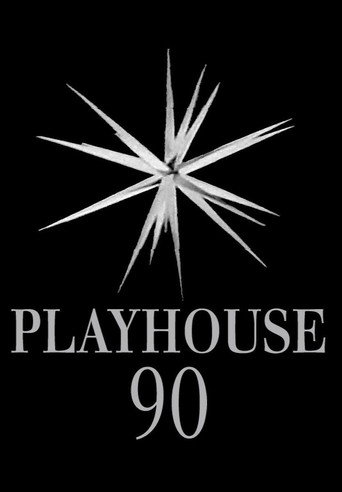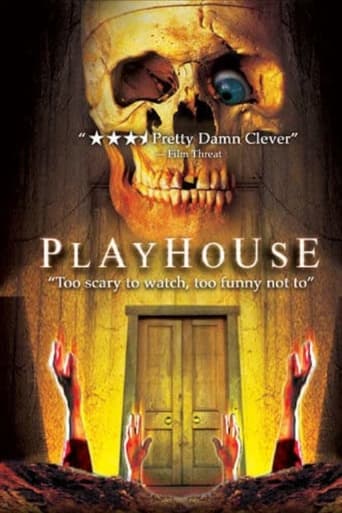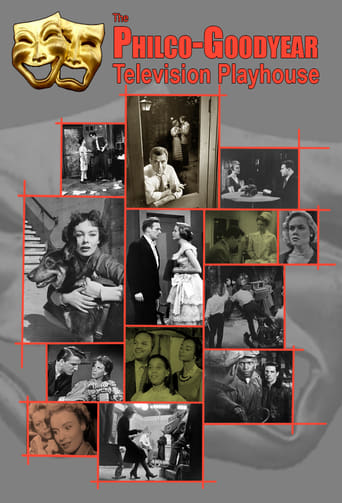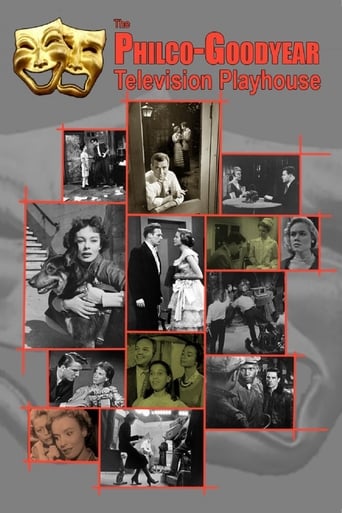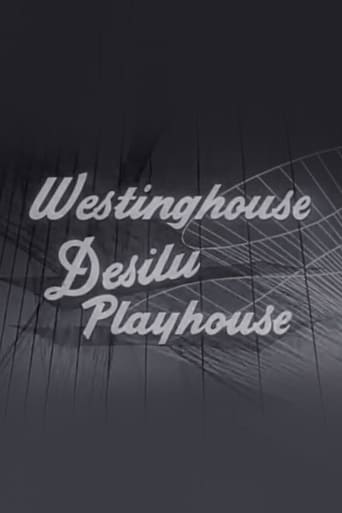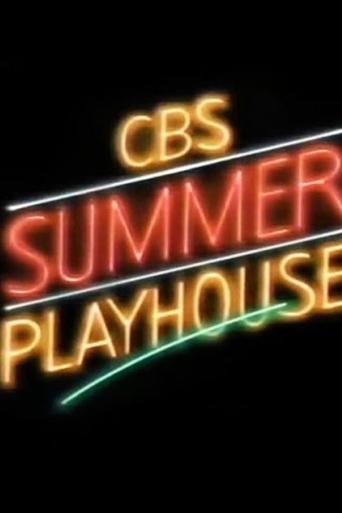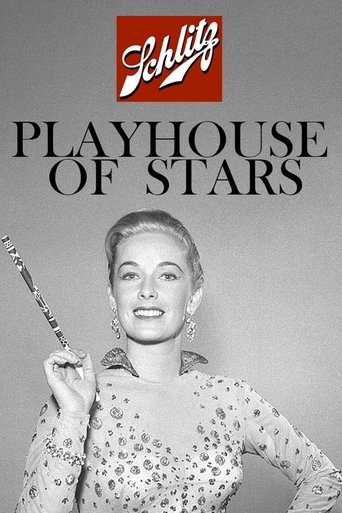Mawu osakira Playhouse
Old Man 1958
No Time at All 1958
Playhouse 2003
Bamses Gemme-æske 2006
Four Star Playhouse 1952
Four Star Playhouse is an American television anthology series that ran from 1952 to 1956, sponsored in its first bi-weekly season by The Singer Company; Bristol-Myers became an alternate sponsor when it became a weekly series in the fall of 1953. The original premise was that Charles Boyer, Ida Lupino, David Niven, and Dick Powell would take turns starring in episodes. However, several other performers took the lead from time to time, including Ronald Colman and Joan Fontaine. Blake Edwards was among the writers and directors who contributed to the series. Edwards created the recurring character of illegal gambling house operator Willie Dante for Dick Powell to play on this series. The character was later revamped and spun off in his own series starring Howard Duff, then-husband of Lupino. The pilot for Meet McGraw, starring Frank Lovejoy, aired here, as did another episode in which Lovejoy recreated his role of Chicago newspaper reporter Randy Stone, from the radio drama Nightbeat.
The Philco Television Playhouse 1948
The Philco Television Playhouse is an American anthology series that was broadcast live on NBC from 1948 to 1955. Produced by Fred Coe, the series was sponsored by Philco. It was one of the most respected dramatic shows of the Golden Age of Television, winning a 1954 Peabody Award and receiving eight Emmy nominations between 1951 and 1956.
CBS Playhouse 1966
CBS Playhouse is an American anthology drama series that aired on CBS from 1967 to 1970. Airing twelve plays over the course of its run, the series was nominated for a number of awards and featured many noteworthy actors and playwrights.
Goodyear Television Playhouse 1951
The Goodyear Television Playhouse is an American anthology series that was telecast live on NBC from 1951 to 1957 during the "Golden Age of Television". Sponsored by Goodyear, Goodyear alternated sponsorship with Philco, and the Philco Television Playhouse was seen on alternate weeks. In 1955, the title was shortened to The Goodyear Playhouse and it aired on alternate weeks with The Alcoa Hour. The three series were essentially the same, with the only real difference being the name of the sponsor. Producer Fred Coe nurtured and encouraged a group of young, mostly unknown writers that included Robert Alan Aurthur, George Baxt, Paddy Chayefsky, Horton Foote, Howard Richardson, Tad Mosel and Gore Vidal. Notable productions included Chayefsky's Marty starring Rod Steiger, Chayefsky's The Bachelor Party, Vidal's Visit to a Small Planet, Richardson's Ark of Safety and Foote's The Trip to Bountiful. From 1957 to 1960, it became a taped, half-hour series titled Goodyear Theater, seen on Mondays at 9:30pm.
Celebrity Playhouse 1955
Celebrity Playhouse is an American drama series that aired on NBC from September 1955, to June 1956.
Westinghouse Desilu Playhouse 1958
Westinghouse Desilu Playhouse is an American television anthology series produced by Desilu Productions. The show ran on CBS television between 1958 and 1960. Two of its 48 episodes served as pilots for the 1950s television series The Twilight Zone and The Untouchables.
CBS Summer Playhouse 1987
CBS anthology series airing unsold television pilots during the summer season.
Your Favorite Story 1953
Your Favorite Story is the title of a TV comedy anthology series that aired from 1953 through 1955. It premiered in December 1954 with the title Your Favorite Playhouse. This program was adapted from the radio show Favorite Story which ran from 1946 through 1949. The program's 25 episodes starred Adolphe Menjou and featured episodes originally written by Leonard St. Clair, William Makepeace Thackeray, and Frank R. Stockton.
Prudential Family Playhouse 1950
Prudential Family Playhouse is an American anthology drama series that aired on live CBS from October 1950 to March 1951.
Schlitz Playhouse of Stars 1951
Schlitz Playhouse of Stars is an anthology series that was telecast from 1951 until 1959 on CBS. Offering both comedies and drama, the series was sponsored by the Joseph Schlitz Brewing Company. The title was shortened to Schlitz Playhouse, beginning with the fall 1957 season.
Gulf Playhouse 1952
Gulf Playhouse is an NBC anthology series that aired on Friday nights. It was a live show that was seen through the "eye" of the camera. The actors in each episode would talk to the camera as if it were a person. The show's sponsor was Gulf Oil, and it was produced and directed by Frank Telford.
Teach Spraoi 2023
In each episode, a different group of children will be given the chance to design and build their own playhouse with the help of our Teach Spraoi team-Máire & John. These children have a goal and a vision-but a lack of their own hang out space! The only problem is they only have two days to get it done! With help from Máire and John, the kids must use their imaginations and creativity to create a space that will create precious childhood memories. Will they have the charm and bargaining skills to get parents and the local community to help them achieve their goal and make their dream a reality?!
Television Playhouse 1947
Television Playhouse is an American anthology series that was broadcast live on NBC. The series aired from December 4, 1947 to April 11, 1948. The program was in cooperation with the National Theater and Academy, a federally sponsored theater group, and featured live performances of plays, some of which were by well-known authors. The first presentation was The Last of My Solid Gold Watchers by Tennessee Williams. Each episode was 30 minutes long, and featured actors and actresses who had not reached stardom. A wide variety of plays was presented on the program. Although short-lived, the "live play" format later became very popular during the early 1950s.
